The man at the heart of a major political scandal in Argentina was detained on Wednesday on a preventative arrest warrant, while his alleged former associates among the country's journalistic elite were left reeling.
Marcelo D'Alessio was arrested on Wednesday on charges of extortion. He is accused of operating on behalf of federal prosecutor Carlos Stornelli to extort agribusinessman Pedro Etchebest for money in exchange for protection in the ongoing investigation into widespread graft during the previous Kirchner administrations, for which Stornelli is the lead prosecutor. That case is known as the "notebooks of corruption" investigation.
Judge of Dolores, in Buenos Aires Province, Alejo Ramos Padilla ordered D'Alessio's arrest on the ground that he believed the accused had spied on Etchebest in order to extort him.
The alleged extortion was also incorporated into a broader case dating back to 2016, whose pre-trial investigation is in the hands of Judge Luis Rodriguez and Prosecutor Jorge Taiano. The original complaint involved businessman Gabriel Traficante, who discovered and denounced a similar scheme to the one Etchebest has apparently fallen victim, though it gained little traction in the media at the time.
JOURNALIST
The ongoing scandal involving Marcelo D'Alessio has left a group of high-profile journalists reeling amid a series of explosive allegations about their connections to him. These have predominately involved leaked WhatsApp screen shots.
Four of the country's most high-profile journalists are caught up in the scandal: GPS host Rolando Graña; Clarín newspaper journalist and guest broadcaster Daniel Santoro; A24 host Eduardo Feinmann; and Canal 13 journalist Rodrigo Alegre.
Santoro is mentioned 15 times in the ruling while the other three appear three times each.
"I did my job as a journalist", Santoro told Perfil, playing down the connection while also defending Stornelli. He described the prosecutor as "impeccable" and "incapable of a taking a bribe".
Judge Ramos Padilla insisted that investigators were yet to establish the extent of the journalists' possible involvement in D'Alessio's activities.
"It must be made clear that this (ruling) does not seek to question the investigate aspect of journalism but rather just to highlight the level of coordination among the parties, each one in their own specific role attempting to achieve a goal. Each concrete case must be evaluated and interrogated, including the level of knowledge each one of the parties had in D'Alessio's illegal activities with the possible involvement of the Prosecutor (Stornelli)", Ramos Padilla said.
-TIMES/PERFIL






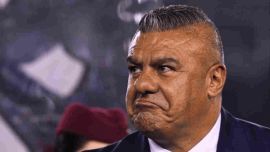

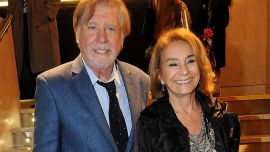






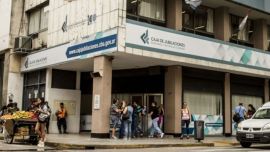

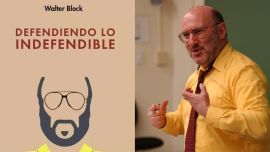
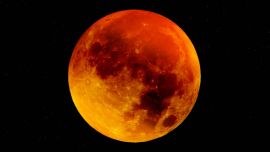
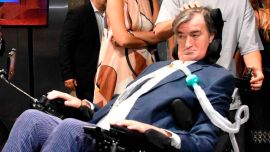
Comments